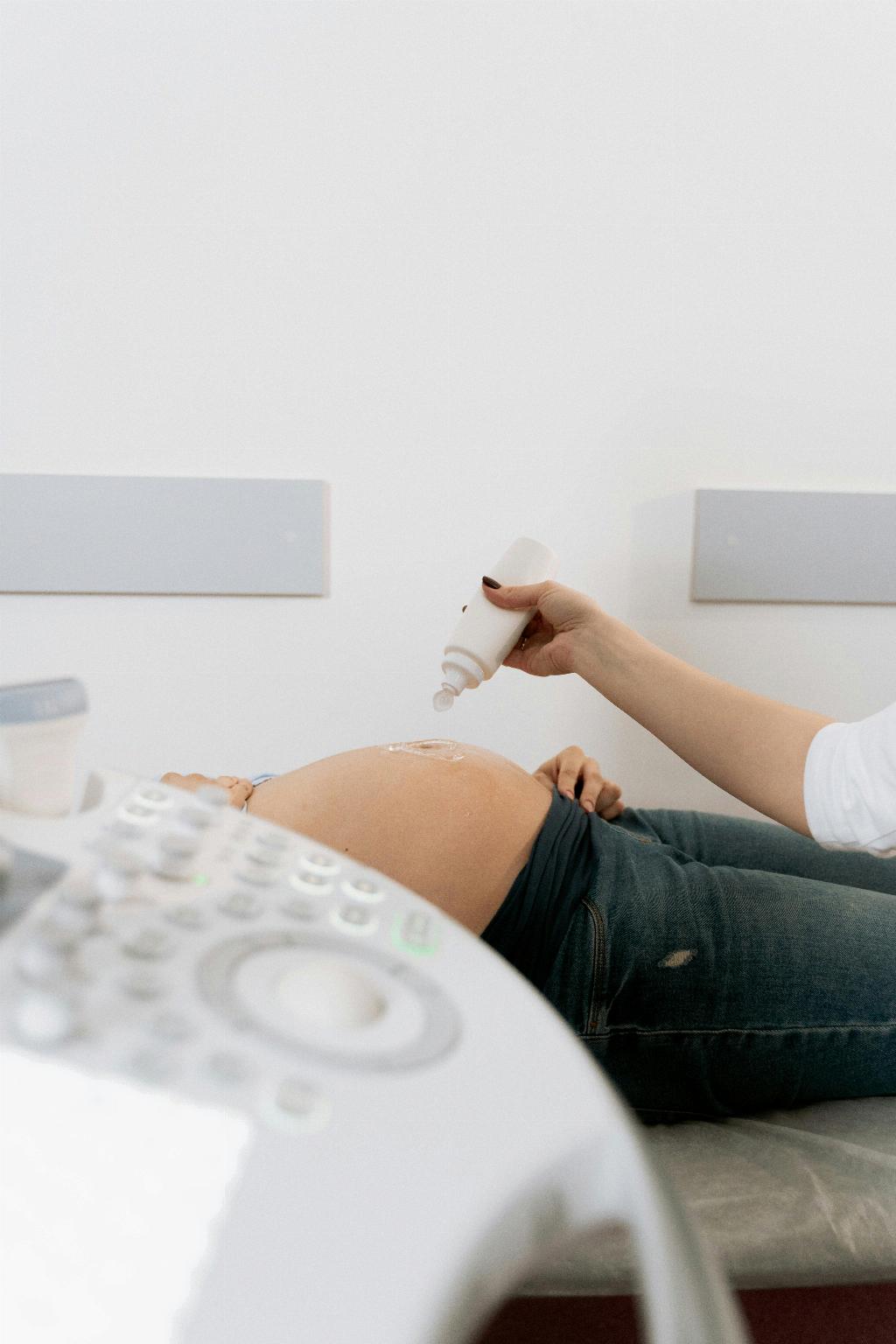When we talk about a “high-risk” pregnancy, we’re referring to circumstances where a woman has one or more factors that increase the chances of health problems for her or her baby, such as early delivery. These factors can make the pregnancy more complex and require closer monitoring by healthcare providers.
Age as a Factor in Pregnancy Risk
One of the key factors that can categorize a pregnancy as high risk is the mother’s age. Women who are either very young or older may face additional challenges during pregnancy compared to those in their prime reproductive years.
Teenage Pregnancies and High-Risk Concerns
For women aged 17 or younger, their pregnancies are automatically considered high risk due to their younger age. Teenage mothers often face unique challenges related to their physical and emotional development, as well as potential socioeconomic factors that can impact pregnancy outcomes.
Maternal Age and Pregnancy Risk
On the other end of the spectrum, women aged 35 or older are also categorized as high risk. Advanced maternal age has been associated with an increased risk of certain pregnancy complications, including chromosomal abnormalities, gestational diabetes, and preeclampsia.
Factors Influencing Maternal Age Risk
Several factors contribute to the increased risks associated with both teenage and older pregnancies. These may include physiological changes in the body, higher likelihood of underlying health conditions, as well as potential challenges in fertility and conception.
Teen Pregnancy Challenges
Teenage pregnancies often present challenges related to incomplete physical development, inadequate prenatal care, higher rates of complications such as preterm birth and low birth weight, as well as increased risk of pregnancy-induced hypertension.
Risks for Older Mothers
Conversely, pregnancies in women over the age of 35 come with their own set of risks, including age-related decline in fertility, increased chances of miscarriage, higher rates of genetic disorders in babies, and a greater likelihood of requiring medical interventions during labor and delivery.
Emotional and Social Impact
It’s important to recognize that high-risk pregnancies not only pose physical challenges but can also have emotional and social implications for mothers. Women facing the complexities of pregnancy at a young or advanced age may need additional support and resources to navigate this journey.
Medical Management for High-Risk Pregnancies
Healthcare providers play a crucial role in managing high-risk pregnancies, offering specialized care, regular monitoring, and interventions to optimize the well-being of both the mother and the baby. This personalized approach is essential for ensuring the best possible outcomes.
Importance of Early Prenatal Care
Regardless of age, all pregnant women are encouraged to seek early and comprehensive prenatal care to identify and address any potential risks early on. Regular visits to healthcare providers can help monitor the pregnancy closely and intervene if any complications arise.
Educational and Supportive Resources
For women facing high-risk pregnancies, accessing educational resources, support groups, and counseling services can be beneficial in understanding their unique situation and finding the necessary guidance and emotional support throughout the pregnancy and beyond.
Conclusion
In conclusion, the age of the mother plays a significant role in categorizing a pregnancy as high risk. Whether a woman is a teenager or an older mother, being aware of the potential challenges and seeking appropriate medical care and support are key in navigating a high-risk pregnancy successfully.

